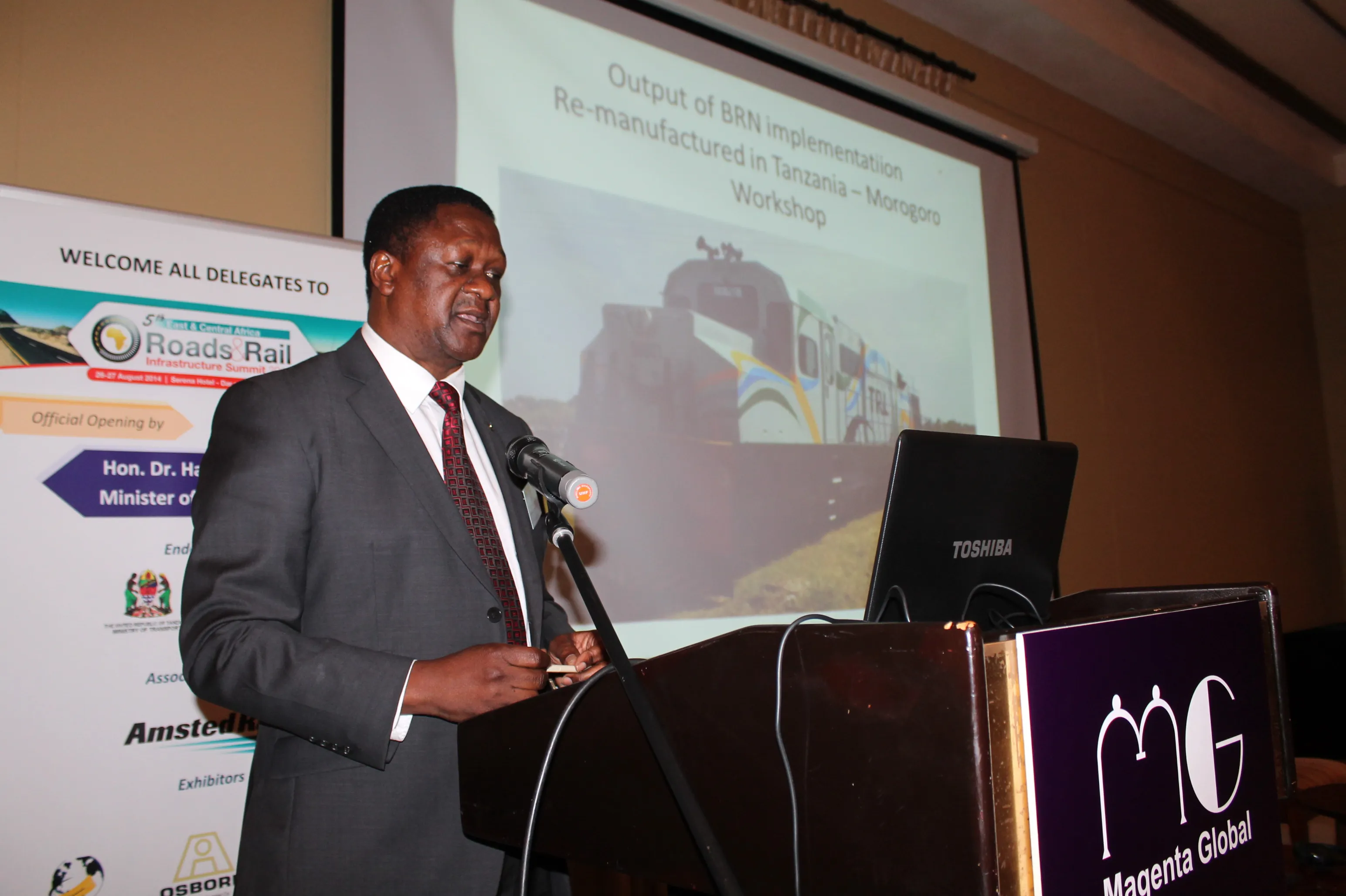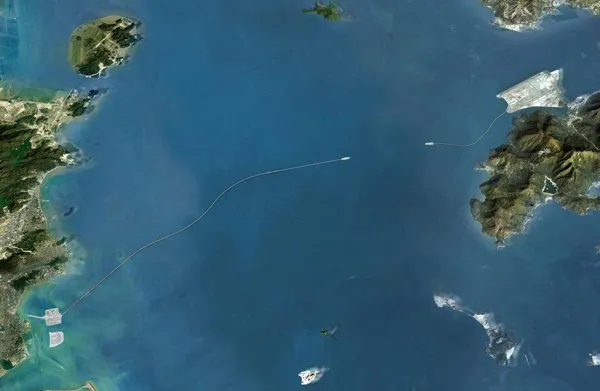Two major road projects will help connectivity in West African nations. In Cameroon, a loan from China Eximbank will help fund a key expressway project. Meanwhile in Côte d'Ivoire, a new highway will provide a new link to a major port. The US$466 million loan from the Export-Import Bank of China (China Eximbank) will be used to upgrade the expressway linking Cameroon’s two major cities, Douala and Yaounde. Meanwhile Bouygues Travaux Publics is to build a 6.4km stretch of highway in Côte d'Ivoire, in a contr
July 6, 2012
Read time: 2 mins
Two major road projects will help connectivity in West African nations. In Cameroon, a loan from 6123 China Eximbank will help fund a key expressway project. Meanwhile in Côte d'Ivoire, a new highway will provide a new link to a major port.
The US$466 million loan from the Export-Import Bank of China (China Eximbank) will be used to upgrade the expressway linking Cameroon’s two major cities, Douala and Yaounde. Meanwhile979 Bouygues Travaux Publics is to build a 6.4km stretch of highway in Côte d'Ivoire, in a contract worth $294 million.
The highway will be located in Abidjan and will improve transport between the port, the biggest in West Africa and countries inland such as Burkina Faso and Mali. The new route will carry an estimated 100,000 vehicles/day and will include a bridge, with work starting in September and scheduled to require 25 months. Socoprim is the company set up for the contract and also involves Total CI, the Pan African Infrastructure Development Fund, the Côte d'Ivoire Government and the National Investment Bank.
The lenders include the1586 African Development Bank, the West African Development Bank, 6124 ECOWAS Bank for Investment and Development, 6125 African Finance Corporation, the 1093 Dutch Investment Bank, the Moroccan Bank of External Trade and the Multilateral Investment Guarantee Agency. Work will begin in September 2012 and last 25 months.
The US$466 million loan from the Export-Import Bank of China (China Eximbank) will be used to upgrade the expressway linking Cameroon’s two major cities, Douala and Yaounde. Meanwhile
The highway will be located in Abidjan and will improve transport between the port, the biggest in West Africa and countries inland such as Burkina Faso and Mali. The new route will carry an estimated 100,000 vehicles/day and will include a bridge, with work starting in September and scheduled to require 25 months. Socoprim is the company set up for the contract and also involves Total CI, the Pan African Infrastructure Development Fund, the Côte d'Ivoire Government and the National Investment Bank.
The lenders include the







